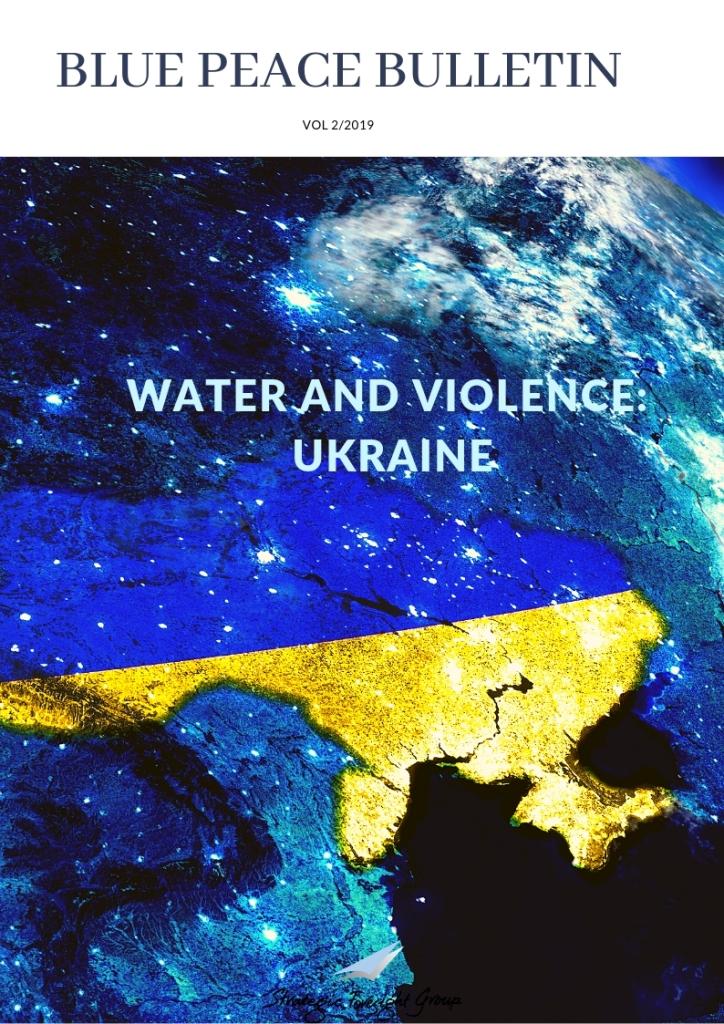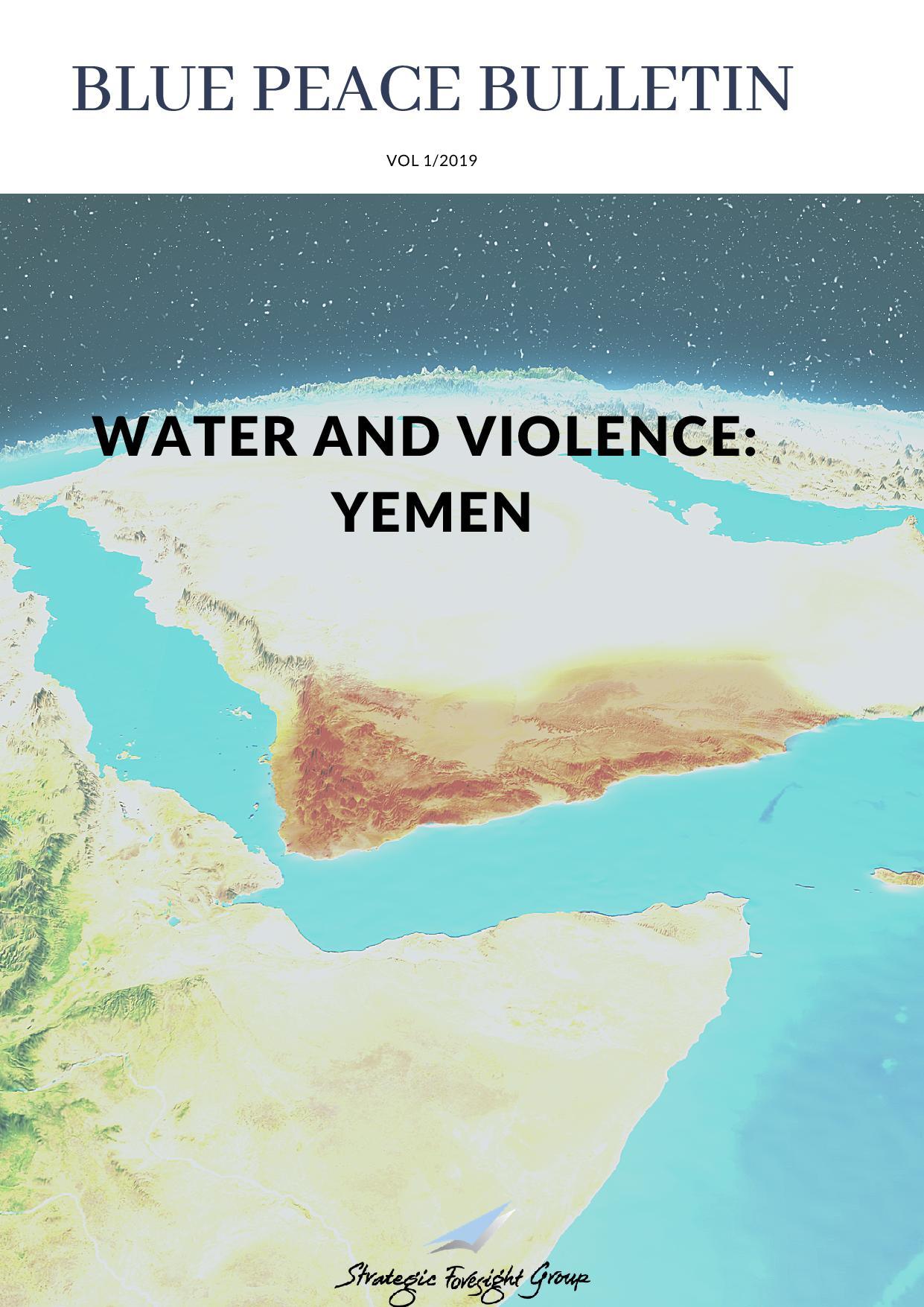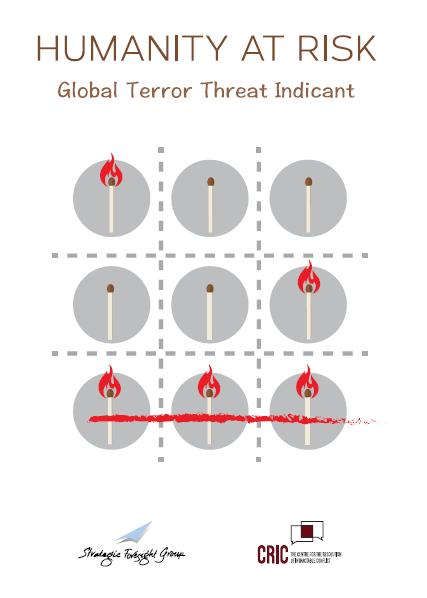Syria: An Uncertain Future
|
|
September, 2011
By Shivangi Muttoo
|
For the past five months, Syria has been thrown into the midst of so much chaos and social unrest that uncertainty has become the new norm in the country. The end to the standoff between President Bashar al-Assad and the protestors does not seem to be in sight. The diplomatic pressure, from the US and countries like Turkey, Saudi Arabia and other Gulf states, on Syria to defuse the crisis has not yielded meaningful results. While President Assad is determined and taking significant measures to retain power, the protestors are displaying courage in their face-off with the tanks and army and are likely to continue their struggle until reforms are ushered in and a new regime is elected. Since both sides are stuck to their entrenched positions, Syria�€™s future will be shaped by uncertainty, which will have negative socio-economic implications for the country.
The Arab spring began in Tunisia and quickly spread in the rest of the region. During the early phase of the Arab awakening, Syria was one of the few countries which showed no signs of unrest and uprising. It was almost as if Syria had withered the storm which had blown one nation after the other in the region. The King of Jordan and Morocco announced reforms at the right time, the leaders of Tunisia, Egypt and Libya were overthrown and the President of Yemen was forced to flee the country. The success of Tunisian and Egyptian revolt inspired the youth of Syria to demand democratic rights and dignity. Over the past few years, rising food prices, unprecedented water shortages and the widening gap between rich and poor and urban and rural areas has plagued the Syrian society.
So far, more than 2500 people have lost their lives in the government crackdown. To defuse the crisis, President Assad announced partial reform measures which have not satisfied the people. The Syrian army has remained loyal to the Assad regime and helping the government to quell protests. On the other hand, protestors have chosen the path of �€˜patience and determination�€™ to continue their struggle for socio-political changes in the country. Unlike the Tunisian and Egyptian revolution which was guided by urban middle class youth, the anti-government uprising in Syria is mostly taking place in rural areas and villages driven by poor tribal communities and farmers.
If the social unrest continues or escalates in the coming months, the following scenarios may possibly happen in Syria. The President of Syria could share the same fate as leaders of Tunisia and Egypt. In such a scenario, the military could take over the reigns of the government. But unlike the army of Egypt and Tunisia which remained neutral during the uprising, Syrian military is heavily involved in suppressing the protests. Moreover, Syrian military is controlled by some members of President Assad�€™s extended family and the Alawite community. Therefore, people of the country will not accept military rule. In an alternative scenario, President Assad may announce dramatic reforms and call for elections in the country. The elections may bring no change and a proxy candidate, close to President Assad, could become the new leader of the country. The opposition parties are unorganized and not strong enough to provide stability in the country.
According to a Syrian expert at Carnegie Middle East Centre, the economic situation has deteriorated but not desperate. However, uncertainty compounded by the threat of instability will have a profound impact on the economy in the coming months. At present, the tourism sector, which accounts 12-14 percent of the GDP, has completely shut operations. Drought and government inaction has severely decimated the agricultural sector, which constitutes almost 18-20 percent of the GDP. As a result, the Syrian economy which has been growing at 5-6 percent is expected to fall to about 3-4 percent. Political instability will shift focus away from issues such as infrastructure development, water shortages and job opportunities. An unstable Syria will likely experience slower growth rate, higher unemployment and lack of adequate social welfare measures affecting the poor and people living in rural areas. In addition, political uncertainty and struggle for power could relegate significant issues such as water stress in the country on the backburner. As a result, food insecurity and loss of livelihood of farmers will not only increase the levels of poverty especially in rural areas but also widen the gap between rich and poor. This will, in all likelihood, exacerbate social tensions in the country.
Thus, political uncertainty could lead to widespread social and economic crisis in the near future. President Assad has lost opportunity to resolve the crisis peacefully. He has pushed Syria to a stage where uncertainty is the only certainty.
Related Publications
Related latest News
Related Conferences Reports
-

P5 Experts Roundtable on Nuclear Risk Reduction
Download:Geneva Roundtable Report
-

Roundtable on Global Security and Catastrophic Risks
Download:Report on RT revise





